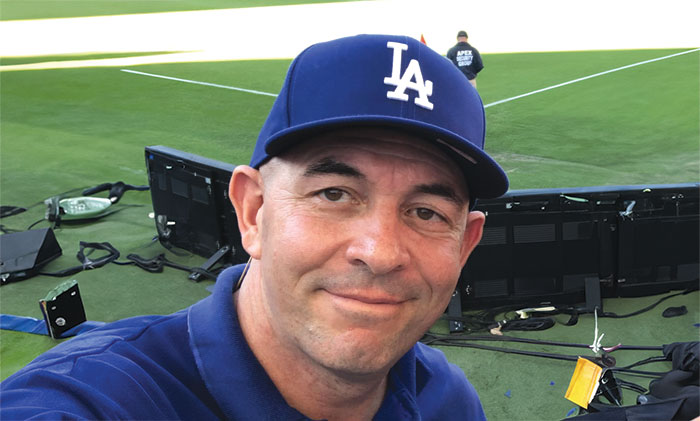Rabbi Louis Finkelstein, the late Jewish Theological Seminary chancellor and rabbinic literature scholar, taught: When I pray, I speak to God; when I study, God
speaks to me. Brilliantly, Finkelstein answered skeptics of Jewish prayer, who might await God’s response in the course of worship, by turning us from the synagogue to the beit midrash (study hall), from prayer to Jewish study, to hear God’s voice.
If our unique interpretations of Torah constitute God’s sacred response to each individual worshipper as much as Torah on the whole represents God’s message to all of us, then a community in prayer — a minyan — is the sum total of our sacred monologues as much as an individual’s prayer is her own.
It is all the more remarkable then that the talmudic sages determined that the proof-text for the requirement of a minimum of 10 adults to comprise a minyan — a quorum for Jewish communal prayer — is the biblical reference in this week’s Torah portion, Shelach Lecha, to 10 of the 12 scouts sent to report back on conditions in the Promised Land prior to our ancestors’ entry to make it their home. The Torah refers to these 10 scouts as an edah ra’ah (an evil congregation) for they were the group that discouraged many of the Israelites, saying that what they had witnessed would have made it difficult, if not impossible, for our ancestors to conquer the land promised to them by God.
Surely, the sages might have found a better paradigm for a minyan, itself an edah (congregation). In fact, elsewhere in the evolution of rabbinic interpretation, the rabbis later associated the requirement of 10 adults with the 10 righteous individuals who were not found in Sodom and Gomorrah, but whose presence would have saved the cities from destruction. Perhaps the rabbis developed this alternative minyan origin because the association with the 10 scouts, who failed miserably in their task, bothered them.
Still, the original talmudic source demands closer consideration. What were the sages thinking? Perhaps the association of the 10 scouts who got it all wrong was, in actuality, a commentary on what might have inspired them to have gotten it all right. Perhaps the sages imagined that all went awry with the 10 scouts because they didn’t begin with prayer. Maybe the rabbis imagined that the two remaining scouts, Joshua and Caleb — whose study of the land and its inhabitants was correct — began in prayer, unlike their colleagues.
This reconsideration of the minyan’s talmudic origin might be helpful to us to maintain more Jewishly informed expectations of prayer, in which greater emphasis is placed on our own sacred monologues — rather than on God’s response — and to better see or hear God’s message through the study of Torah and the world around us.
In God’s presence, but absent as yet of God’s response, we can feel and consider our own concerns and yearnings, our blessings and our gratitude, inviting God to respond in the course of our living, loving and learning, and refining our capacity to connect, inquire and understand. Knowing ourselves with greater depth, we may be better equipped to hear God’s voice in the words we study and to find the sparks of Divinity in the people and in the world.
When we search for a community of Jewish learning to find enduring meaning and transformational effect in God’s message of Torah, we might be wise to begin by seeking out communities that pray together as much as they study together, so God’s monologue and our own can align to comprise a sacred dialogue.
And, similarly, when we seek teachers or scholars with whom to study Torah and Judaism to explore God’s truth, we might value all the more those teachers and scholars who strive in prayer as much as they do so in scholarship.
God’s monologue to us is expressed through the words of Torah, their interaction with life and millennia of interpretation deriving from their encounter with one another, awaiting our own perceptions of God’s message to us today, individually and collectively. However, the messages we study — God’s sacred monologue — might indeed require a filtering process that only our own sacred monologues, in the context of Jewish communal prayer, might provide. In aligning the two monologues, a sacred dialogue might well emerge that can reflect and support the goodness of our own communities today, just as it might have done so for 10 misguided scouts long ago.
When we seek teachers or scholars with whom to study Torah and Judaism to explore God’s truth, we might valueall the more those teachers and scholars who strive in prayer as much as theydo so in scholarship.
Rabbi Isaac Jeret is the spiritual leader of Congregation Ner Tamid of South Bay (nertamid.com) on the Palos Verdes Peninsula.






















 More news and opinions than at a Shabbat dinner, right in your inbox.
More news and opinions than at a Shabbat dinner, right in your inbox.